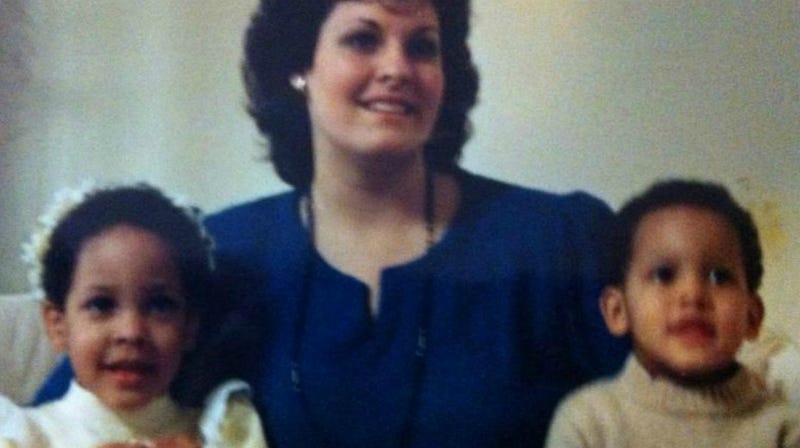As scientists have repeatedly pointed out, the concept of race is fundamentally cultural, not biological. Nevertheless, because some realities of population genetics are unfortunately caught up in the false rhetoric of race, we might have to rely on the construct and acknowledge the biological differences in HLAs in order to save lives.
Black people already have a highly mixed genetic heritage because of the history of involuntary migrations across the world imposed by slavery and colonialism. “As those mixes take place it creates a more complicated HLA type,” much rarer than that of somebody who comes from a single ethnic heritage, says Galen Switzer, a University of Pittsburgh School of Medicine professor. Such diversity in HLA types makes it more difficult even for any two black people to match.
Cici Zhang, “When Your Medical Treatment Depends On Your Race,” The Establishment, April 11, 2018. https://theestablishment.co/when-your-medical-treatment-depends-on-your-race-ef2c24691b78.

